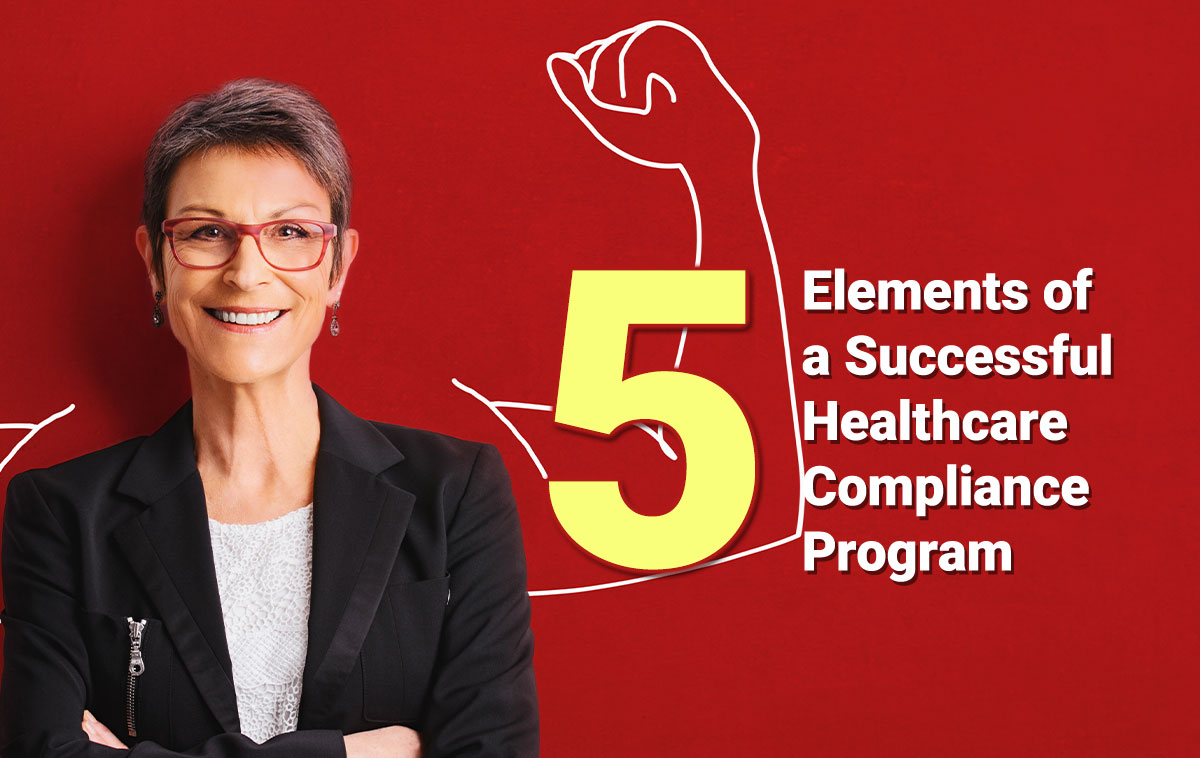5 Elements of a Successful Healthcare Compliance Program

A compliance program is an effective tool for healthcare organizations to maintain proactive efforts to prevent, detect, report and respond to violations of laws, rules, and government regulations. The federal and state agencies enforce significant penalties for non-compliance which is why ensuring ongoing regulatory compliance in the organization is a primary concern, say the experts at First Healthcare Compliance. This is where an effective healthcare compliance program comes in. If you have such a program in place, you can gain peace of mind from compliance assurance.
Here are 5 important components of an effective and successful healthcare compliance program:
#1 Risk Management Assessments
They are the foundation of any effective compliance program as they help you identify potential risks to your organization. Once they are in place, you can start working on deploying measures to effectively eliminate or minimize them.
#2 Work Plans
At the next step, you need to develop a comprehensive work plan that incorporates everything from policies and procedures to auditing and monitoring tools. You can also take the help of technology and resource libraries here. If you are afraid of missing an important element during this step, refer to the seven essential components laid out by the OIG.
#3 OIG’s Seven Elements
The Office of the Inspector General (OIG) of the Department of Health and Human Services, U.S. allows and expects healthcare organizations to create a compliance program that can reduce fraud, abuse liability, and waste.
This must include the OIG’s seven fundamental elements of an effective compliance program:
- Implementing written policies, procedures, and standards of conduct
- Designating a compliance officer and compliance committee
- Conducting effective training and education
- Developing effective lines of communication
- Conducting internal monitoring and auditing
- Enforcing standards of conduct through well-publicized disciplinary guidelines
- Responding promptly to detected offenses and undertaking corrective action
#4 Healthcare Regulations
You should remember that laws, administrative rules, and regulations are constantly changing. So, if you are not monitoring these changes, you may soon become non-compliant. You should create action plans to promptly respond to such changes and ensure that the updates are accessible to your entire team.
#5 Independent Reports
Make sure that your compliance officer reports independently to the senior management as well. Compliance becomes more effective if the top-tier of your organization is aware of the risks and they are making conscious efforts to solve them.
An effective compliance program protects you against any potential civil or even criminal liabilities due to violations of the applicable legal standards, according to an article by Johns Hopkins Medicine. Even a governmental inquiry can cause significant financial exposure and public embarrassment to your image. That is why all healthcare organizations should encourage a culture of compliance at all levels within the team.

